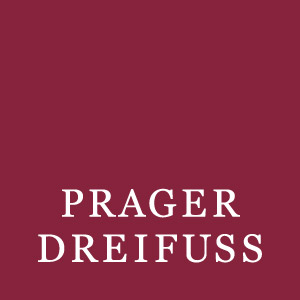Greece and Israel dominate the Southern Europe section of the Euro Elite – and both are jurisdictions where domestic, independent firms enjoy a near-monopoly. In Greece, for example, Athens-based firms seemingly lead the legal market. Despite the continuous detrimental economic consequences arising from the Covid-19 pandemic, lawyers have remained significantly active in the past year due to the high demand of legal services across an array of markets; one of those being projects and privatisations.
Demanding the most attention in Greece is the €8bn Hellinikon Project, set to be the largest urban regeneration project in Europe, with the development replacing the former Hellenikon International Airport. There has been a continuous focus upon the construction, operation and execution of the project, with legal advice coming from an array of firms, including Dryllerakis, Karatzas & Partners, Koutalidis and PotamitisVekris. It is estimated to contribute 2.4% to Greece’s GDP once completed, aiding the significant decline of 9% as seen in 2020. Employment is also set to see an improvement, with 10,000 jobs already filled and 70,000 to follow, facilitating the opening of restaurants, hotels and shopping malls. Continue reading “Euro Elite Southern Europe: Sole resistance”















